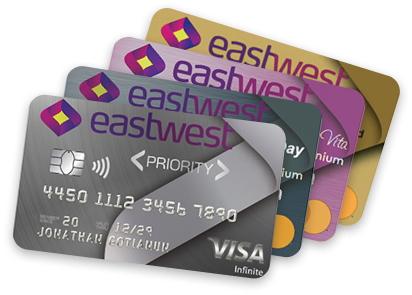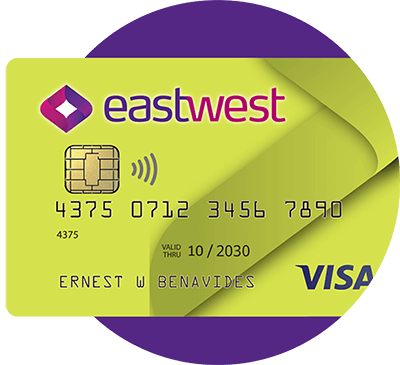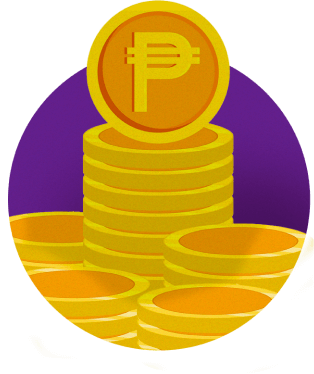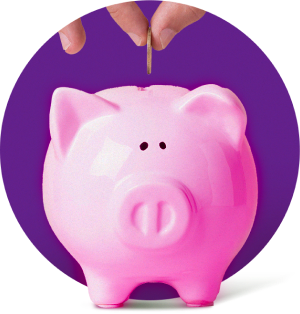You’ve got a new ID, a welcome email from HR, and maybe even a fresh pair of office shoes. Congratulations on landing your first job! This is the moment you officially cross the line between being a “student with allowances” and a “professional with real responsibilities and earnings.” It’s exciting, nerve-wracking, and yes, a little overwhelming, but don’t worry. You can set yourself up for success from day one with these tips:
1. Start a Budget
That salary figure on your job offer may have looked massive when you first saw it, but once you deduct taxes, government contributions, rent, food, and transportation, the “take-home pay” might feel a lot less. Don’t panic. The trick is to be intentional with your money by creating a budget.
Think of a budget as your financial GPS. With it, you set expectations and boundaries for your money. Moreover, when you tell your money where to go, you gain the power to say yes to what truly matters and say no to habits that drain your finances.
Start by reviewing your first payslip. Next, list your non-negotiables, like rent, utilities, food, and transportation. Once those are accounted for, you can decide how much to put toward savings and how much to set aside for small luxuries.
2. Open a Savings Account
While your payroll account is fine for receiving your salary, you’ll want a separate savings account that remains untouched by impulse spending or unnecessary swipes. For one thing, this is where you’ll build your emergency fund, which can protect you from life’s emergencies. More importantly, you have options tailored for beginners at EastWest.
- Regular Savings Account: Comes with a Visa Debit Card, perfect for paying bills, groceries, and the occasional luxury while letting your money earn interest. You only need ₱5,000 to open and maintain ₱10,000 to start earning 0.125% p.a.
- Passbook Savings Account: Ideal for those who prefer a more traditional setup with a tangible record of transactions. You can open one with ₱10,000 and maintain ₱25,000 to earn 0.125% p.a.
No matter what you choose, you have access to local ATMs and Visa-accredited merchants worldwide, plus the EasyWay app. Moreover, you can explore credit cards, loans, and investments later, but your first step should be non-negotiable: secure a savings account ASAP.
3. Complete Your New Hire Paperwork
That stack of HR forms, handbooks, benefit guides, and NDAs might look boring, but they’re the fine print of your new professional life. Therefore, don’t skim. Read carefully, save digital copies, and most importantly, ask questions if something confuses you. When you’ve signed the documents, make sure to submit other requirements, too, like an NBI or barangay clearance.
4. Build Professional Routines Early
Beyond learning how to complete your tasks and navigate your company’s policies, you should use your first job to form habits that will carry you through your entire career. Here’s an example: wake up at a consistent time, have a proper breakfast, give yourself a few minutes to plan the day, and end your day by jotting down your top three priorities for tomorrow.
Creating a routine sounds simple, but those tiny rituals prevent morning chaos. It can also position you as one of the most reliable people in the office.
5. Connect With Your Coworkers
You’ll be spending at least nine hours a day, five days a week, with your coworkers. So, take small but intentional steps to connect with them. For example, ask a teammate to grab coffee, say yes to a lunch out, or join the office sports fest, even if volleyball isn’t your thing. You don’t need to be close to everyone, but you should make an effort to build rapport. After all, strong workplace relationships make collaboration smoother and office life a lot more enjoyable. Moreover, these connections form your very first professional network, and they will matter more in the long run.
6. Think Long-Term from the Start
Your first job may not be your dream job, and that’s okay. What matters is how you use it as a stepping-stone. Keep documenting your professional wins, like projects completed, new skills learned, and compliments from your boss. That record will be useful when you apply for promotions, request a raise, or look for your next opportunity.
Don’t forget to think long-term financially as well. After all, interests from savings compound. Even if you start with just a tiny percentage of your paycheck today, the habit of consistency will serve you far better than waiting for the “perfect time” to start.
7. Celebrate Small Wins
Don’t forget to pat yourself on the back. After all, landing your first job is a huge win! Surviving your first month and receiving your first paycheck? Also huge. Celebrate these achievements to fuel motivation and build positive momentum.
Your celebration doesn’t need to be extravagant. A nice dinner with family, a cozy movie night, or even just a special cup of milk tea can be meaningful without wrecking your budget. The key is balance: reward yourself in ways that honor your progress without undoing the hard work you’ve put into budgeting and saving.
Start Your Career Strong
Your first job is both a milestone and a launchpad. The way you manage your money, shape your routines, and nurture your relationships now will echo throughout your career. Each step you take now may feel small, but it all adds up to a future defined by security, freedom, and opportunity.
With EastWest by your side, you have the tools to transform that very first paycheck into something far greater in the future.
Apply for EastWest Credit Card?
With a variety of options to suit different needs, EastWest Bank offers competitive rates, valuable rewards, and excellent customer service.









